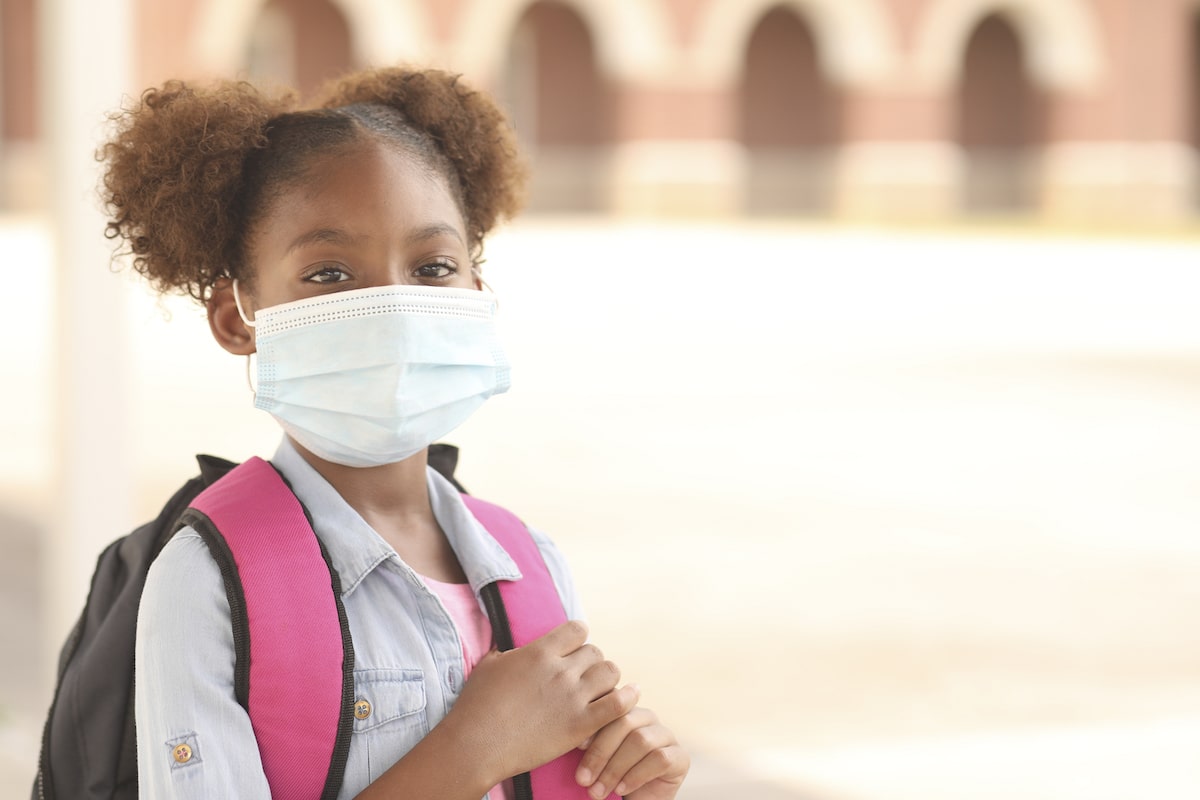<< Back
Virtual vs. In-Person Learning: How it Affects Children’s Mental Health

January 28, 2021
Since March 2020, 18 students in Nevada’s Clark County have died by suicide, prompting the school district to bring students back to in-person learning.
Clark County has been distance learning since March, along with many schools across the country and Connecticut — because of the coronavirus pandemic.
That strategy might be changing. A recent Centers for Disease Control and Prevention (CDC) study noted an uptick in mental-health related emergency room visits among children aged 5-11 (24 percent) and 12-17 (31 percent) from April to October of 2020 compared to 2019.
This study and other anecdotal evidence have sparked a debate about whether the risks of virtual learning outweigh the risks of spreading COVID-19. Hartford HealthCare Behavioral Health Network schools are currently operating in an all in-person environment, but that is not the case in most school systems across the state.
“There are numerous factors as to why distance learning can have a tremendous impact on children’s mental health, including a lack of social interaction and routine, as well as the inability to have a refuge from unsafe households,” said Madison McNally, a primary therapist at Natchaug Hospital’s Joshua Center Northeast.
McNally also notes that during and after periods of isolation, such as distance learning, children can experience higher rates of depression and anxiety. Symptoms to watch out for in children and adolescents include:
- Irritability, anger or agitation.
- Loss of interest in daily activities.
- Appetite or weight changes.
- Reckless behavior.
- Difficulty concentrating.
- Excessive worry or nervousness.
- Difficulty falling asleep and staying asleep.
With emerging coronavirus variants and spikes in certain locations, it is unknown when all schools will be able to return fully to in-person learning. McNally recommended that parents create routines and supportive learning environments.
She suggested:
- Ask children what they are learning about and discuss why the subject is important and interesting.
- Help break down assignments into smaller tasks so children can feel successful along the way.
- Help kids organize their time and set short-term, achievable goals for shorter school days or during independent study periods.
- Give children choices about how they accomplish the tasks to encourage their sense of autonomy.
- Offer personalized, genuine feedback about the work they are doing in online school.
For more information on the impact of remote learning on children’s mental health, Madison McNally will be offering a free, virtual webinar on Thursday, Feb. 25, from 6–7 p.m. To register, call 1.855.HHC.HERE (1.855.442.4373).
Hartford HealthCare’s Behavioral Health Network’s schools at the Institute of Living, Natchaug and Rushford provide a combination of academic programming and school-based therapy for children and adolescents who have trouble succeeding in a public school environment.
Natchaug Hospital provides six treatment programs for youth across Eastern Connecticut, in Mansfield, Danielson, Norwich, Groton, Old Saybrook and Enfield. For more information, please call 1.800.426.7792 or click here.